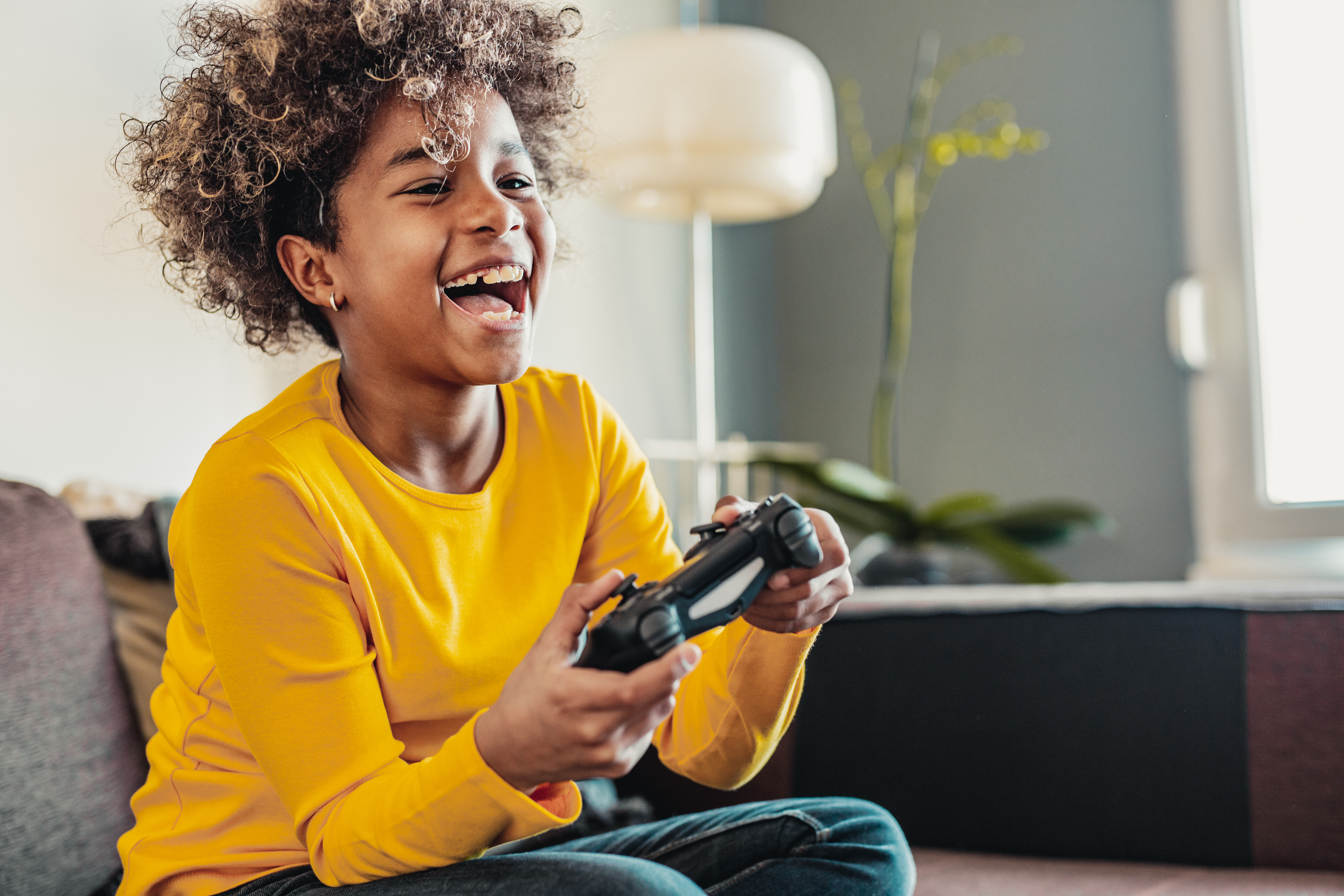UK HealthCast: Dr. Anthony Limperos on healthy online gaming for children

UK HealthCast is a podcast series featuring interviews with UK HealthCare experts on a variety of health-related topics.
This edition features Dr. Anthony Limperos, Associate Dean for Graduate Programs and Communication at the University of Kentucky, who specializes in the psychology of video games. We spoke to Dr. Limperos about how parents can ensure their children participate in online gaming in a safe and healthy way.
What is your background in this area?
Dr. Limperos: There's a limited number of us that do this research and it does kind of start back at home for me. I've been a gamer my entire life. As I came up through my education and got more interested in doing more social science-type research and psychology-style research, I've naturally migrated toward video games.
What makes online gaming different than other forms of video game play, and why are young people so attracted to it?
Dr. Limperos: Online gaming is attractive for three key reasons: There's a social component to it, the competitive aspect of playing against others and also this general idea or feeling that we experience greater immersion or engagement when we're playing with others on a network.
What are some of the stressors or implications on children from prolonged online gaming and can that excess cause health problems?
Dr. Limperos: There is some research that links things like anxiety, depression, obesity, stress and sleep disorders to online gaming. But the important thing to remember here is any type of gaming, whether it be online or (not). So, parents might automatically assume that they either need to ban a game or allow unlimited play to keep their kids happy. But in actuality, most kids that play are not learning just about things in the game environment, they're also learning how to regulate their game play. And so, those ideas of stress and things to look for might be manifest in certain ways, like kids playing too long, so they're having trouble engaging with friends and family outside the gaming environment. Those are the things that you're probably going to see.
But the worst things that you're going to see are probably not going to be common for the majority of online gamers. They're only for the small percentage that might be addicted.
Is there an appropriate amount of time for kids to engage with online gaming?
Dr. Limperos: We have the American Academy of Pediatrics. They recommend no screen time for kids under the age of two. They recommend about an hour of screen time for kids ages two to five. After the age of five to approximately adulthood, they recommend two to three hours per day.
I'm sure the listening audience, the parents out there, are probably shocked to hear this, because they likely have children that are playing much longer than the recommendations. But I think setting limits and sticking to them is typically what works best. I have a 7-year-old son myself, and we often let him game for about an hour a day, and sometimes he plays only for 20 minutes at a time, because he wants to save his time for different bursts. But we have to sort of set those limits and impose them.
Listen to our entire UK HealthCast podcast with Dr. Limperos below:




